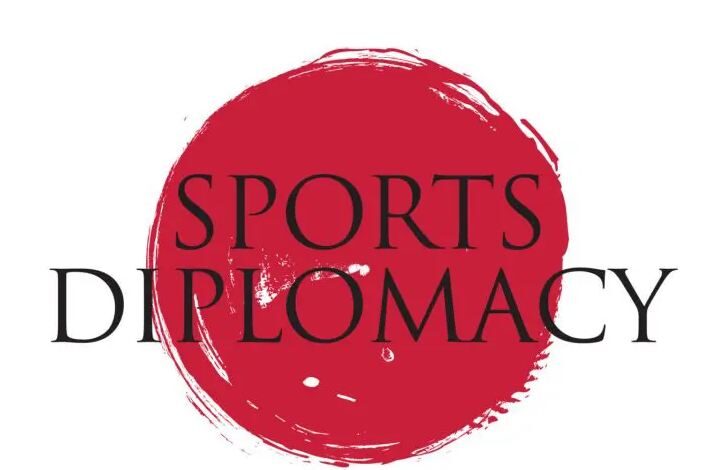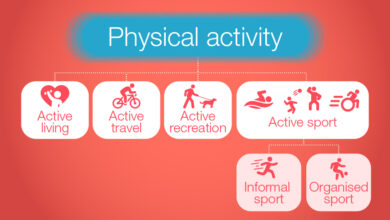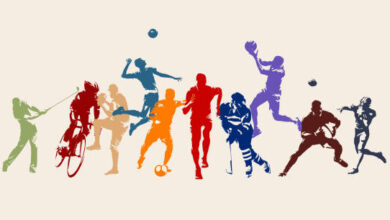Sports as a means of conflict resolution and diplomacy

Sports have become more than just physical activities; they have become tools for diplomacy and conflict resolution. Governments and organizations have used sports as a means of fostering understanding and goodwill between nations, promoting peace, and resolving conflicts. The idea behind this approach is to use sports to bridge the gaps between people, cultures, and nations. This article will explore how sports can be used as a means of conflict resolution and diplomacy.
Introduction
- Explanation of what sports diplomacy is.
- A brief history of sports diplomacy.
Sports diplomacy is a form of public diplomacy that uses sports to create positive relationships between countries and promote goodwill. It is based on the idea that sports can be used to bring people together, even if they are from different countries, cultures, or religions. Sports diplomacy has been around for centuries, with the ancient Greeks using the Olympic Games as a means of promoting peace and understanding between warring city-states.
The Role of Sports in Conflict Resolution
- Examples of conflicts that have been resolved using sports
- The role of sports in promoting dialogue and understanding
Sports can be a powerful tool in resolving conflicts between nations. It allows people from different sides of the conflict to interact and build relationships, which can lead to dialogue and understanding. A notable example of sports being used for conflict resolution is the Ping Pong Diplomacy between the United States and China. This diplomatic initiative helped to normalize relations between the two countries and ease tensions that had existed for decades.
Sports Diplomacy in Practice
- The Role of international sporting events in Diplomacy
- The Success of sports diplomacy in promoting peace
International sporting events such as the Olympics and the World Cup are examples of how sports can be used as a tool for diplomacy. These events bring together people from all over the world, promoting understanding and respect for different cultures. The success of sports diplomacy can be seen in the fact that it has helped to resolve conflicts and promote peace in many parts of the world.
Challenges to Sports Diplomacy
- Limitations to using sports as a diplomatic tool
- The Role of Politics in sports diplomacy
Although sports can be an effective tool for diplomacy and conflict resolution, there are limitations to what they can achieve. For example, sports diplomacy is often limited to countries that are already on good terms with each other. Additionally, politics can sometimes interfere with sports diplomacy, as seen in the case of the boycott of the 1980 Moscow Olympics by the United States.
Sports diplomacy has been used in various forms to resolve conflicts and promote peace between countries. It is a tool that has been utilized for centuries and has proved to be an effective way of fostering understanding and goodwill between nations.
One of the significant roles sports can play in conflict resolution is that it provides an opportunity for people from different sides of the conflict to interact and build relationships, which can lead to dialogue and understanding. In some instances, sports have been used to resolve conflicts between nations. For example, the Ping Pong Diplomacy between the United States and China in 1971 was instrumental in the normalization of relations between the two countries and eased tensions that had existed for decades.
International sporting events such as the Olympics and the World Cup are examples of how sports can be used as a tool for diplomacy. These events bring together people from all over the world, promoting understanding and respect for different cultures. The success of sports diplomacy can be seen in the fact that it has helped to resolve conflicts and promote peace in many parts of the world. For instance, in Northern Ireland, soccer has been used as a means of promoting peace between Catholics and Protestants.
However, there are limitations to what sports diplomacy can achieve. Sports diplomacy is often limited to countries that are already on good terms with each other. It can be challenging to use sports as a diplomatic tool in conflicts that are deeply rooted in political, economic, or religious differences. In such cases, politics can interfere with sports diplomacy, as seen in the boycott of the 1980 Moscow Olympics by the United States.
Another significant limitation is that sports diplomacy may not have a long-lasting impact on resolving conflicts. While sports can be used to bring people together, it is not always enough to overcome the deep-seated differences that fuel conflicts. It is essential to recognize that sports diplomacy is just one tool in the broader effort to resolve conflicts and promote peace.



